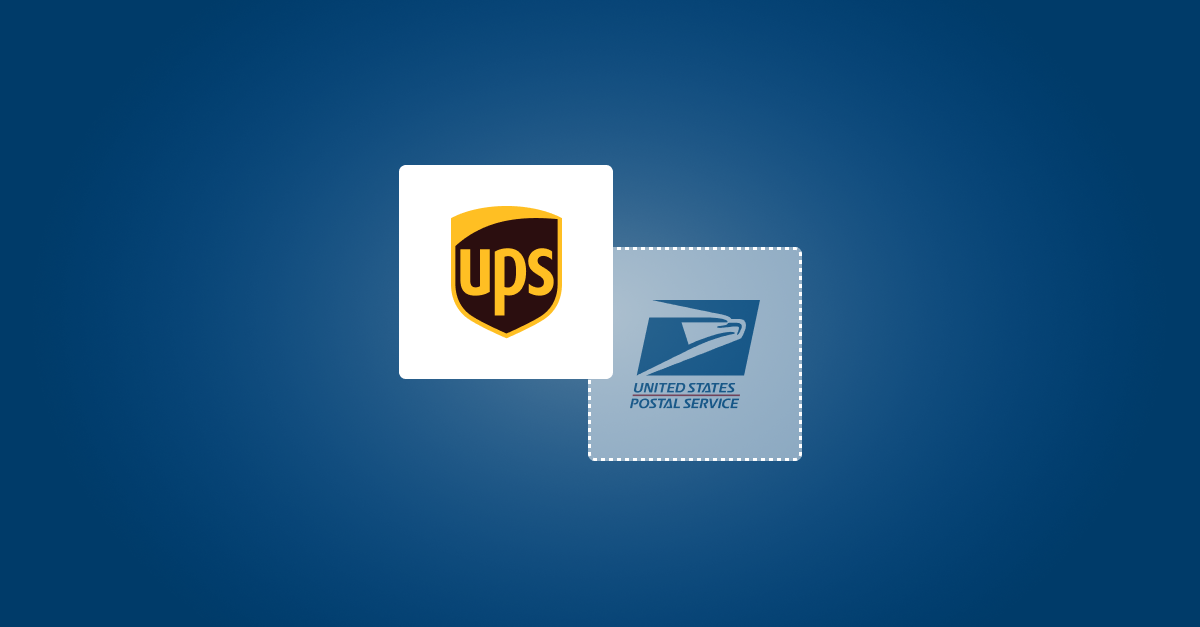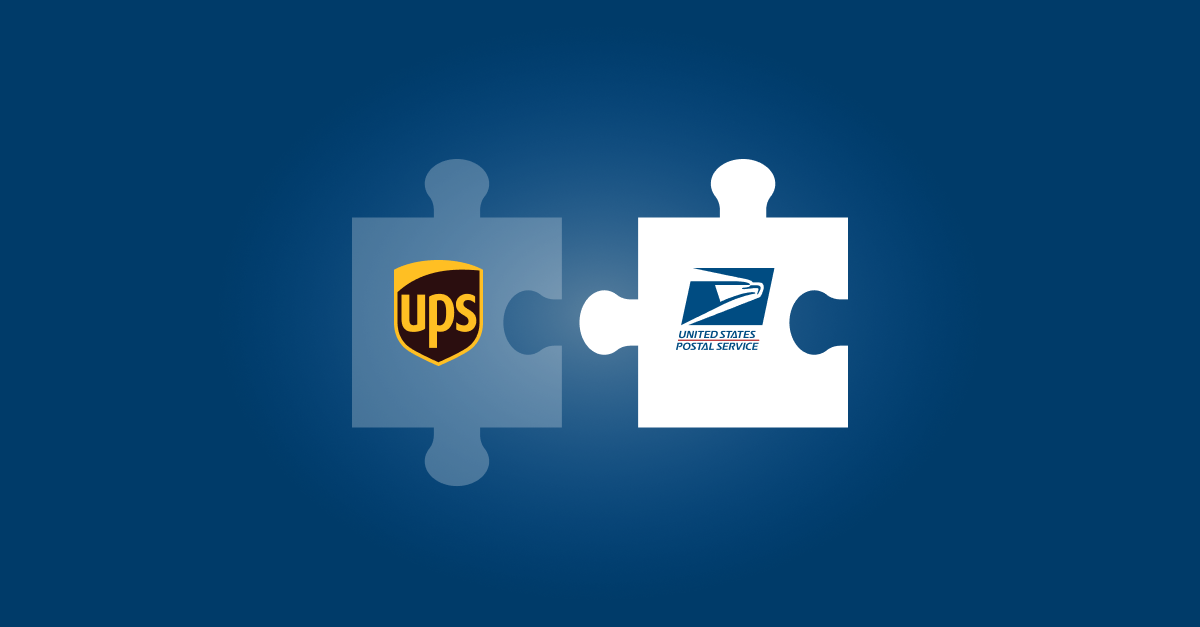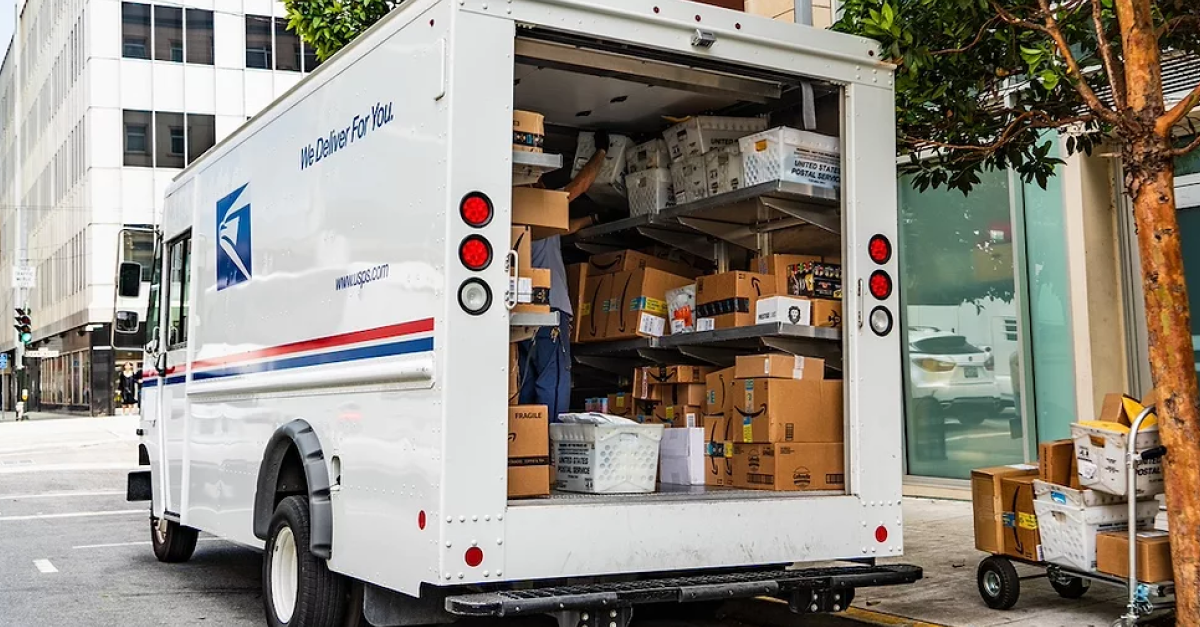Is UPS Getting Back Together with USPS? What a Ground Saver Reunion Could Mean for Shippers

Earlier this year, UPS made a bold move to drop USPS from its last-mile delivery strategy by ending its SurePost contract and launching UPS Ground Saver as a fully in-house, economy shipping solution. At the time, the shift promised tighter operational control and streamlined service. But now, just months later, UPS is reportedly in talks to reunite with USPS for last-mile delivery.
Why the change of heart? According to reporting from Supply Chain Dive, the decision to bring Ground Saver entirely in-house has led to volume declines and unplanned cost overruns—prompting a reevaluation of whether USPS’s extensive delivery infrastructure still has a role to play.
The Cost of Going It Alone
UPS’s Q2 earnings revealed the challenge of fully owning last-mile delivery. The company acknowledged that Ground Saver volume dropped more than 23% year over year, a significant blow in a parcel segment designed to serve cost-sensitive, high-volume residential deliveries.
At the same time, UPS CFO Brian Newman shared that the company incurred $85 million in delivery stop costs above forecast. For shippers, this signals potential pricing volatility. A more expensive Ground Saver service—combined with reduced delivery reach—has made it less competitive in some scenarios.
What was once pitched as a leaner, UPS-only alternative to SurePost is now being reevaluated behind the scenes. The takeaway? The cost of cutting USPS may have been higher than expected—for both UPS and its customers.
USPS: Still the Key to Coverage?
One of the most immediate and painful impacts of the SurePost sunset was the loss of reach. With Ground Saver no longer utilizing USPS, shipments to PO Boxes, military addresses, Alaska, Hawaii, and Puerto Rico were cut off. That change alone forced many shippers to develop costly workarounds or shift packages to alternate carriers like USPS Ground Advantage or FedEx Ground Economy.
If UPS and USPS are able to strike a new agreement, shippers could regain access to those hard-to-reach destinations under a Ground Saver model. That potential expansion of coverage would help UPS compete more directly with the hybrid offerings still leveraging USPS and possibly ease some of the operational pressure UPS has been absorbing in recent quarters.
However, the terms of such a reunion are still unknown—particularly how liability, service levels, and pricing would be structured. For now, shippers should closely monitor developments while continuing to reevaluate their current parcel strategies.
What This Means for Your Parcel Planning
Shippers who relied on SurePost for affordable, wide-reaching delivery have already felt the impact of its replacement. With volume dropping and UPS’s internal costs rising, any potential USPS reintegration could bring both relief and change—but not without complexity.
Here’s what to do now:
- Watch the updates closely. A renewed partnership could restore USPS’s reach to Ground Saver and change how shippers allocate volume across carriers.
- Audit your coverage gaps. If you’ve had to use multiple carriers to serve territories excluded from Ground Saver, look for ways to consolidate without sacrificing reach.
- Model your parcel costs. Ground Saver’s evolving structure—and UPS’s rising cost pressures—mean that today’s cost advantages may not hold. Running regular scenario models will help you stay ahead of shifts.
- Stay flexible. With USPS and UPS potentially realigning, shippers should remain agile in contract and carrier decisions—especially ahead of peak season.
Want the Latest Parcel Intel?
We’re breaking down this story—and more—in our upcoming webinar:
Q3 Essential Insights for Shippers with Bart De Muynck
August 19, 2025
2:00 PM ET
Join us as Bart and the Intelligent Audit team unpack the biggest changes shaping parcel strategy and what it all means for shippers managing cost, coverage, and carrier mix.
Register now to save your seat.



